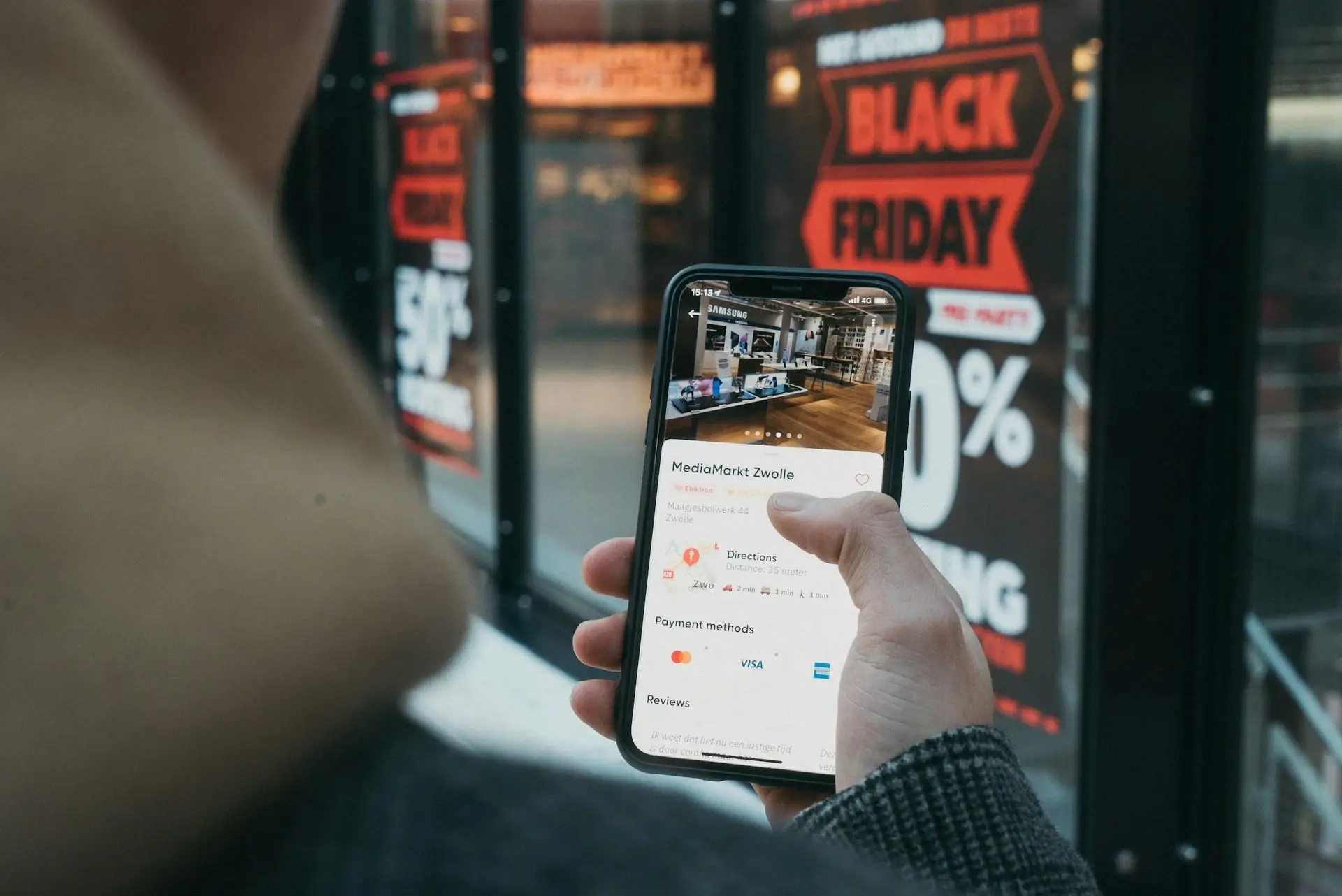Shopping has evolved dramatically over the years, yet some things remain constant. One of these constants is the tendency of consumers to return to the same stores repeatedly. This phenomenon is not just a matter of convenience but is influenced by a variety of factors that retailers strategically harness to build customer loyalty. Understanding these factors offers insights into consumer behavior and the retail industry's dynamics.
The Power of Consistent Quality
One of the primary reasons people return to the same stores is the assurance of quality. When a store consistently delivers high-quality products, it builds trust with its customers. Shoppers become confident that their purchases will meet their expectations, reducing the risk associated with trying new stores. This consistency is particularly crucial for products where quality can vary significantly, such as clothing, electronics, and groceries.
Exceptional Customer Service
Customer service stands at the heart of many successful retail strategies. Stores that provide exceptional customer service create memorable experiences that encourage repeat visits. Friendly, knowledgeable staff who can assist with product selection, returns, or any issues enhance the overall shopping experience. Emotional connections formed through positive interactions can significantly influence a shopper's decision to return.
Loyalty Programs and Incentives
Retailers often implement loyalty programs to retain customers. These programs reward repeat purchases with points, discounts, or exclusive offers, providing tangible incentives for customers to return. Such incentives create a sense of value and appreciation, making shoppers feel like they are getting more for their money. Over time, these rewards can create a strong bond between the consumer and the store.
The Appeal of Convenience
Convenience is a powerful motivator in today's fast-paced world. Stores that offer convenient locations, easy navigation, and streamlined processes attract busy consumers. Features such as online shopping with in-store pickup, flexible return policies, and efficient checkout systems enhance convenience, making it easier for shoppers to choose the same store repeatedly.
The Role of Personalization
In an era where personalization is key, stores that tailor their offerings to individual preferences stand out. Personalized recommendations, targeted promotions, and customized shopping experiences make customers feel valued and understood. This personalized approach can significantly impact a shopper's loyalty, as it demonstrates that the store is attentive to their needs and preferences.
Trust and Transparency
Trust is a vital component of the retailer-customer relationship. Stores that operate with transparency regarding pricing, product sourcing, and business practices are more likely to gain customer loyalty. Consumers appreciate honesty and integrity, and when they feel confident in a store's ethical standards, they are more inclined to return.
Creating a Unique Shopping Experience
The shopping experience itself can be a significant draw. Stores that offer a unique or enjoyable atmosphere, such as engaging displays, interactive elements, or a welcoming ambiance, can make shopping more than just a task. These experiences create positive associations with the store, making customers eager to return for more than just the products.
The Influence of Social Proof
Social proof plays a significant role in consumer decision-making. Stores that are popular among peers or have strong community ties often see higher customer retention. Word-of-mouth recommendations, online reviews, and social media presence can all contribute to a store's reputation, encouraging others to shop there.
Competitive Pricing
Price is always a consideration in shopping decisions. Stores that offer competitive pricing without sacrificing quality or service attract cost-conscious consumers. Regular promotions, sales, and price-matching policies can further entice shoppers to return, knowing they are getting a good deal.
The Impact of Brand Identity
A strong brand identity can create a sense of belonging and loyalty among consumers. Stores that successfully communicate their brand values and mission resonate with customers on a deeper level. When shoppers identify with a brand's ethos, they are more likely to return, as it aligns with their personal values and lifestyle.
In conclusion, the reasons shoppers return to the same stores are multifaceted, encompassing elements of quality, service, convenience, and emotional connection. Retailers who understand and effectively leverage these factors can foster lasting relationships with their customers, ensuring continued patronage and success in a competitive market. As shopping trends continue to evolve, these core principles remain at the heart of consumer loyalty.









